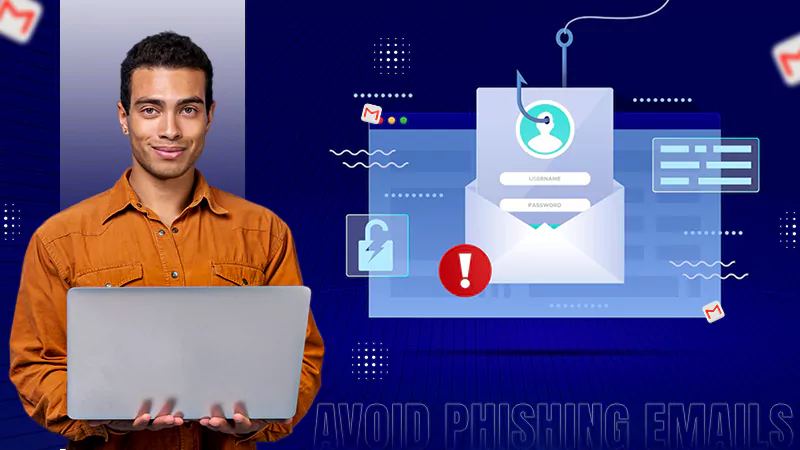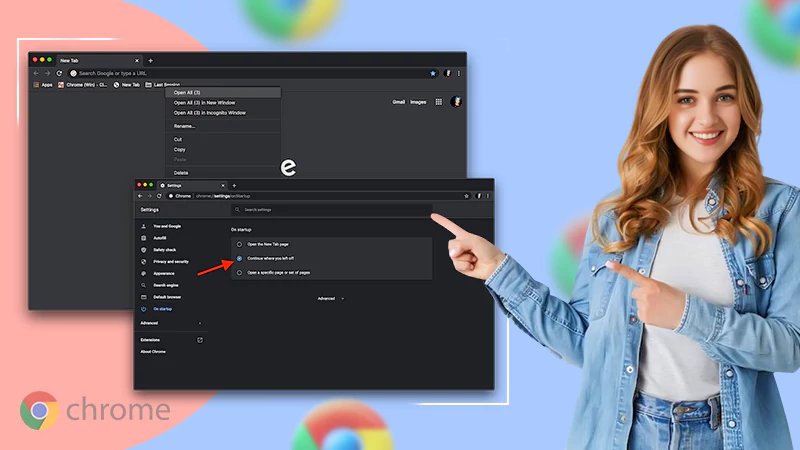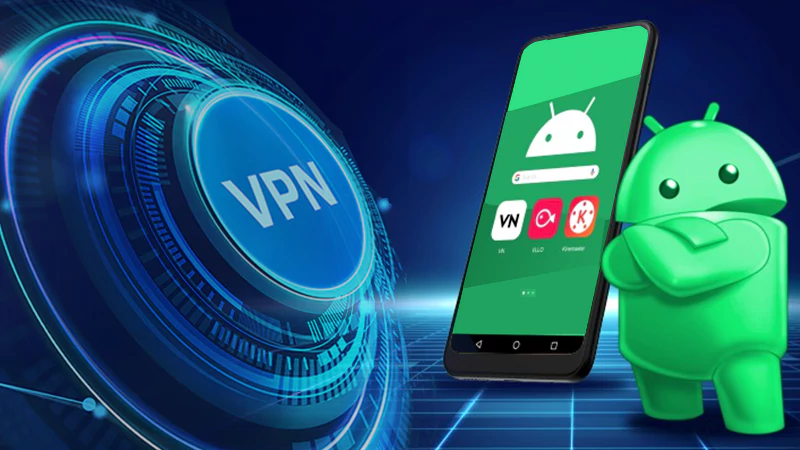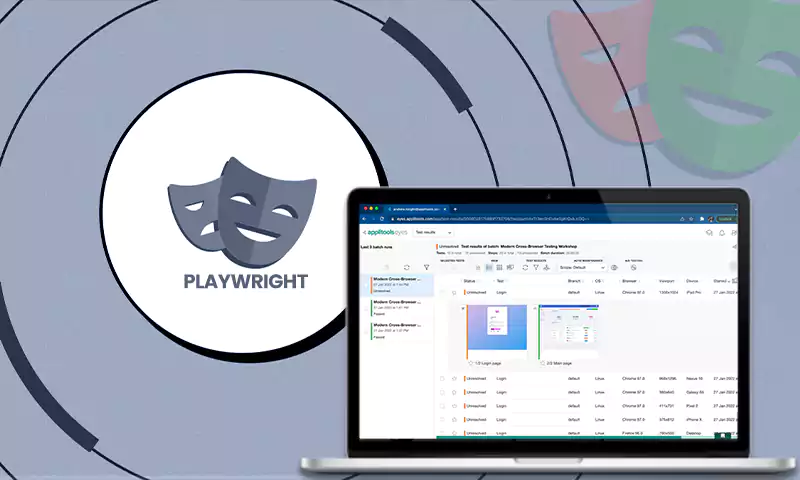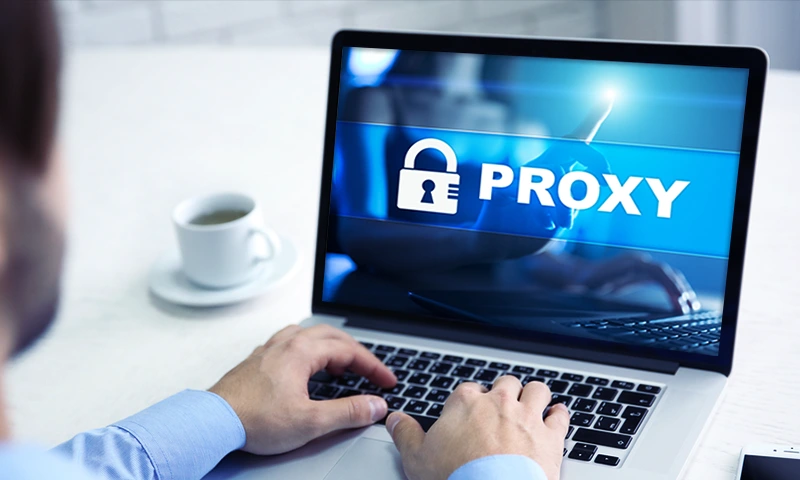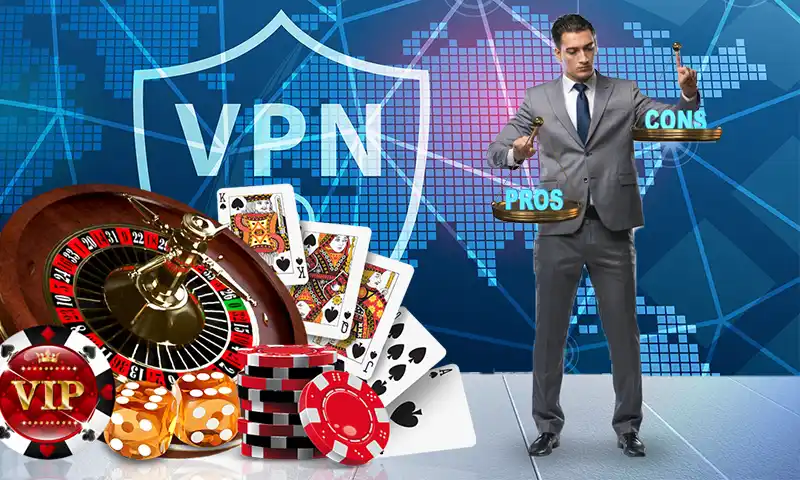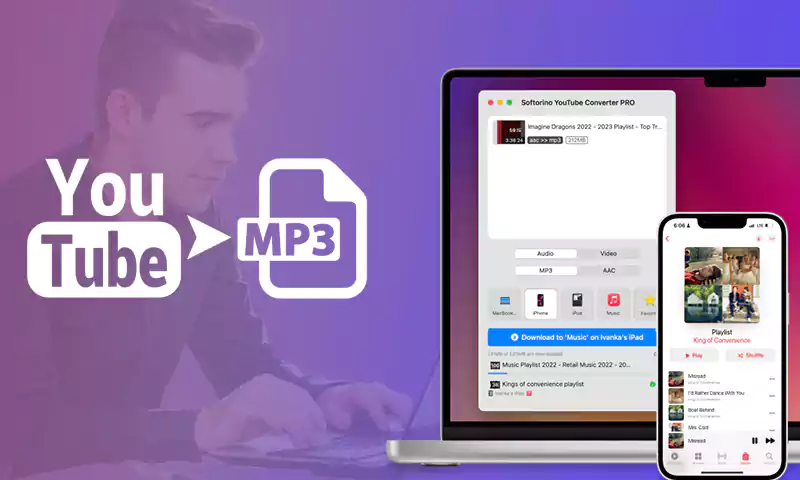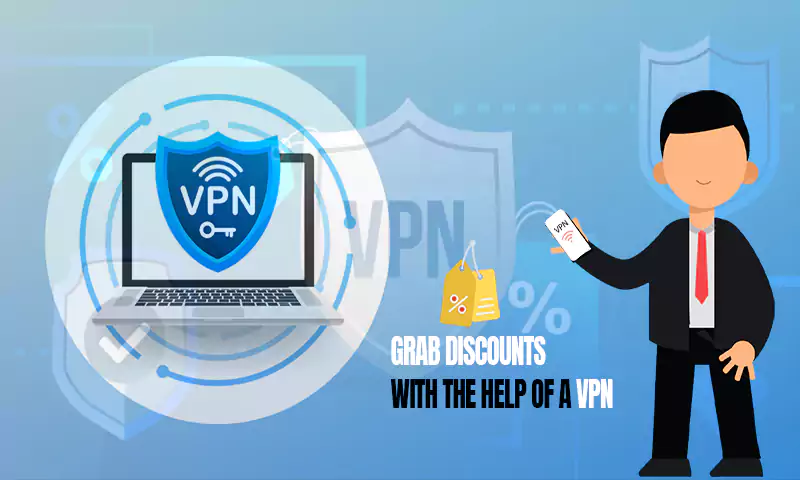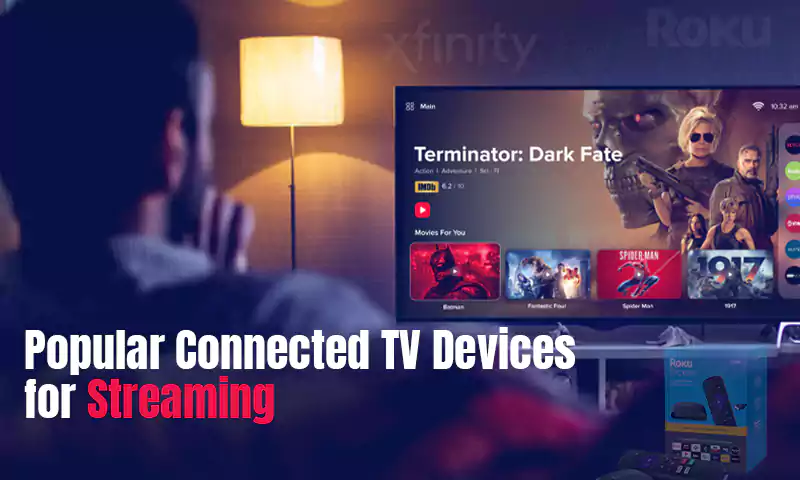Why Do Streaming Sites Block VPNs?
If you’re a cord cutter, you know how important it is to have a good VPN. After all, a VPN is the best way to keep your online activities private and secure. But what happens when you try to use your recommended Streaming VPNs with one of your favorite streaming sites? Chances are, you’ll find that the site has blocked access from all VPNs. So why do streaming sites block VPNs? And more importantly, is there anything you can do about it? Read on to find out.
Licensing Agreements
The main justification for streaming services’ attempts to restrict VPNs is the distribution and licensing agreements for the services they provide.
Although many websites create original content, many of the works that are published on other platforms are not the property of those platforms. Some movies, events, and TV shows require a license from Amazon, Hulu, and Netflix. These contracts can be costly because many streaming providers compete for users by providing high-quality content.
By geography, licensing arrangements vary. This is because some films and TV shows are valued more highly than others. For instance, a television program in German will have more viewers living in Germany than in the US. As a result, Germany is likely to charge a greater licensing cost for German programs than other countries would.
Due to the numerous streaming platforms in different nations, a TV show that is available for licensing on a platform in Australia could not be accessible on the same platform in Korea.
As a result, there is access to country-specific streaming content, and streaming websites try as much as possible to outlaw VPNs. A costly licensing agreement is violated if Netflix permits a customer in Canada to use a Netflix VPN to view a show that Netflix is only authorized to stream in the US. If they don’t try to protect it, they risk having their license revoked and having their content stolen by a rival.
Copyright Issues
Unintentionally, streaming services like Netflix, Hulu, HBO, and others are to blame for a sizable portion of VPN purchases worldwide. Geographical licensing constraints are the cause of this push for VPNs.
You may have observed, for instance, that the Netflix catalog in your nation excludes some titles that are accessible elsewhere in the world. This is due to the platform not having purchased a license to broadcast these programs in your country.
Therefore, streaming services must make sure that their content may only be accessible in the locations for which it has a license. Sadly, this merely entails blocking proxies and VPNs.
On the plus side, a VPN will not result in a ban on streaming websites. Yes, even though using a VPN is against the company’s terms of service, all you’ll get is a plain proxy error. Fortunately, after you disconnect from your VPN, it will go away.
Restrictions Imposed by the Government
If you frequently visit YouTube, you’ve definitely seen the message that you cannot watch a certain video in your country. One typical reason for this is content licensing. However, it could also be a result of restrictions placed by your government on sexual content, bad propaganda, or violent content.
Although YouTube is not now actively working to hinder VPNs, upcoming government restrictions may persuade it to do so. However, for now, practically any VPN will give you access to YouTube’s restricted content.
Prevention of Fraud
Because of the risk of money laundering, some websites that deal with financial transactions do not permit the use of virtual private networks (VPNs). For instance, if you are connected to a VPN server, it’s possible that you won’t be able to complete any transactions with PayPal. Even worse, there is a possibility that you will be locked out of your account if you attempt to do so.
Public Service That is Location Specific
Another scenario where streaming services might ban VPNs is if the service is a public utility provided to a specific nation. This is best demonstrated by BBC iPlayer. The UK government regulates the BBC because it is a public utility. To access the BBC’s ad-free programming, UK residents must pay a license fee.
BBC iPlayer blocks access to users in other countries who haven’t paid the membership price. Additionally, the same distribution limits noted above also apply since not all of the media on iPlayer is created by the BBC.
Workplace or School Policy
There is no secret that some schools, universities, or workplaces ban access to specific websites, such as Facebook, Twitter, or YouTube, to increase productivity. Your business or school may also prohibit VPN connections, even though using a VPN is one way to get around these restrictions.
Monitoring Internet traffic is another justification for banning VPNs at work or school, as these services prevent network administrators and ISPs from seeing your browsing history. Your ISP or network administrator may employ firewalls or other network filtering techniques to stop you from using a VPN to access banned websites.
How to Bypass VPN Blocking
Using an unblocked VPN provider is one approach to bypass VPN blocking. Some of them include ExpressVPN and NordVPN. Another method is to use a SmartDNS Router. The MediaStreamer in the router alters your device’s DNS and routes traffic through a proxy server. This will enable you to access internet material without changing your IP address.
Conclusion
If you still don’t have a VPN, don’t be deterred from acquiring one, although there are a plethora of ways to prevent VPN traffic. Utilizing top-notch services like NordVPN will lessen the chance of being initially blocked. Even if you see the dreaded proxy error while accessing Netflix, you can attempt one of our recommended workarounds to get over VPN restrictions and make things right.
Share


